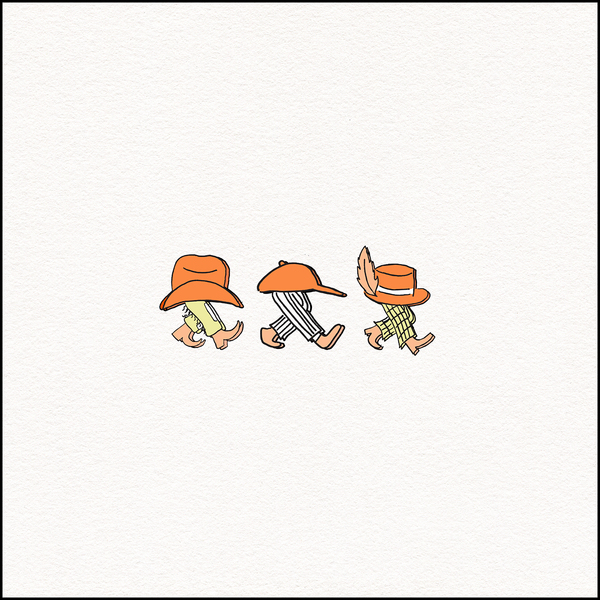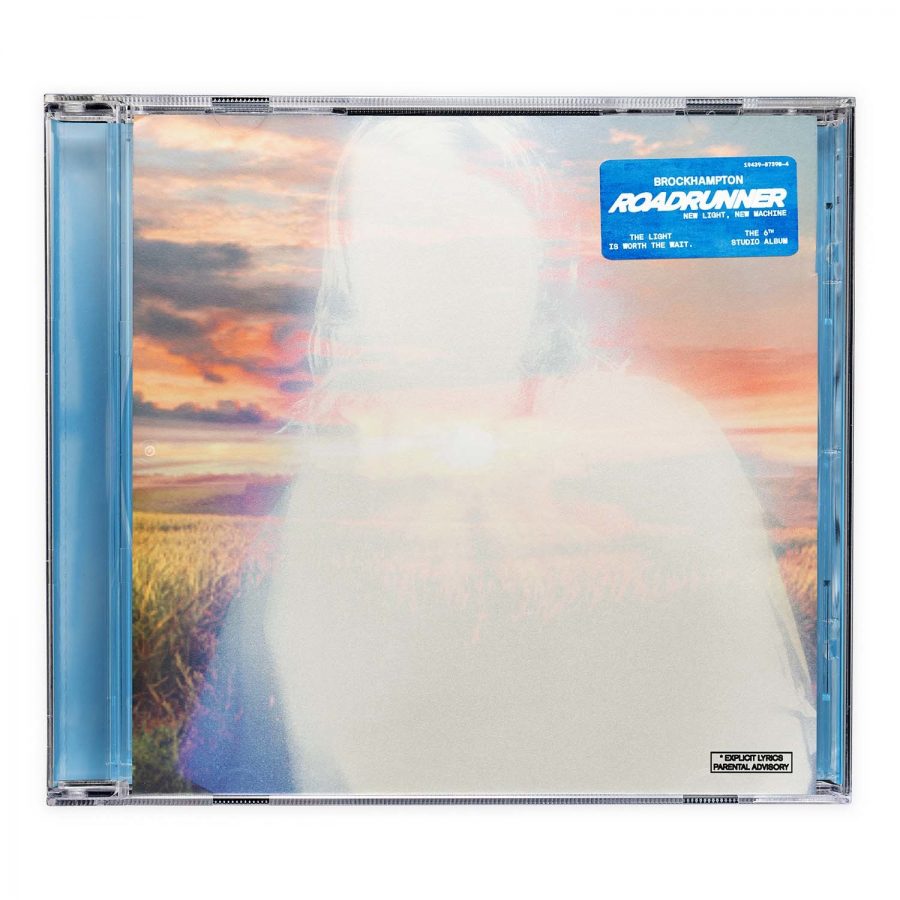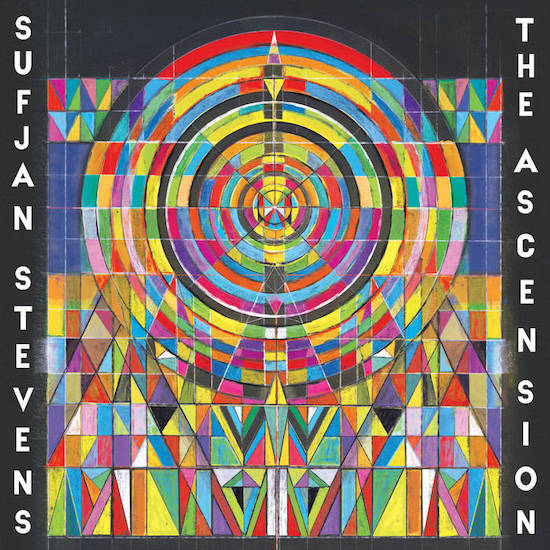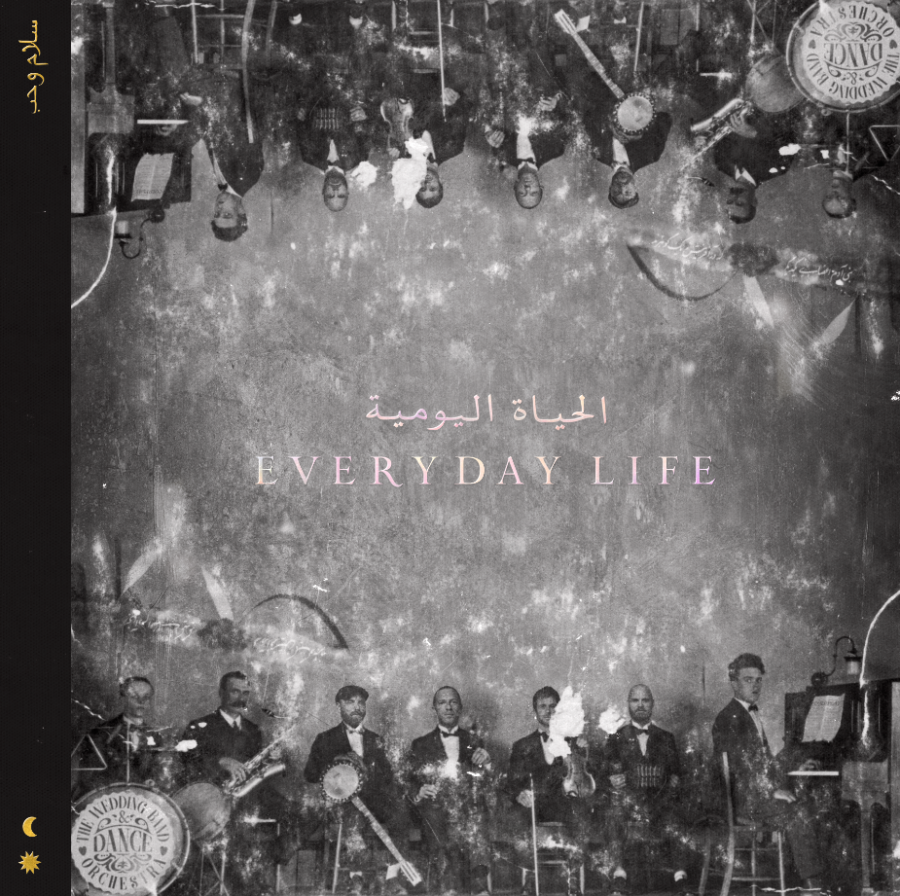Whether progressive rock was ever truly progressive (or ever truly rock for that matter) is a point of much tedious debate among admirers and detractors of the music.
It might then be to his benefit that Steven Wilson prefers to call this music “conceptual,” since its defining feature is its conviction that rock music is capable of communicating complex concepts and stories like epic poetry and opera before it.
True to this term, Wilson’s latest album, “Hand. Cannot. Erase.,” is a full concept album, weaving a full plot over its eight songs. This is a first for Wilson, who has dabbled in lengthy suites and, in his last album, short stories but never taken on a narrative project this ambitious.
That last album, “The Raven that Refused to Sing (And Other Stories),” felt for better or worse like a relic of the 1970s heyday of “conceptual” rock music, deeply indebted to famous bands from that era in both composition and production.
By contrast, “Hand. Cannot. Erase.” embraces the full gamut of Wilson’s influences, from XTC and trip hop to The Beach Boys’ Brian Wilson (no relation). The title track, as a perfect example, carries the artist’s usual melancholy but expresses it in a pop song format.
Four minutes — verse chorus verse — are all anchored in acoustic guitar chords and an infectious melody.
To suit the story of modern alienation and loneliness, Wilson has fashioned an aesthetic equal to the task, embracing drum programming in addition to live kits and plenty of synthetic instruments, moving among the choirs and bright guitar solos.
Nevertheless, no one need worry that his band has lost any of its manual or stylistic dexterity. Longer tracks like “Home Invasion/Regret” and “Ancestral” show Wilson, guitarist Guthrie Govan and drummer Marco Minnemann performing at their apex.
This is not even mentioning keyboardist Adam Holzman and bassist Nick Beggs, who both round out the able rhythm section and provide the unsettling synthetic atmosphere for the album.
Of course, even if the music were pristine (which it largely is here), a concept album needs to work at the level of its concept — in this case, a story.
Plot tends to be a weakness of even more coherent concept albums. Understanding an album like “The Wall” can take a fair number of repetitions.
Yet the story here is relatively simple. Wilson’s album is an adaptation of the true and tragic story of Joyce Carol Vincent, a popular young woman who died in her apartment and remained undiscovered for three years.
Taking that story as the basic apparatus of the album, he uses it to explore both the subjective side of personal isolation and the societal ills that would allow this tragedy to occur.
Even as work and play become increasingly social in capitalist societies, individuals turn inward and become atomized.
Urban society becomes a collection of alienated people who are unable to form fulfilling relationships less because of technology than because they are placed in direct competition with each other and need to be distracted from their lives.
Though this album is much more poetic, it expresses more or less the same point.
Here, the writing is as strong as the music, with lines like, “Another day on Earth has passed me by / But I have lost all faith in what’s outside,” capturing the internal world of the protagonist while also illuminating those broader themes.
Since de facto dissolving his previous band Porcupine Tree, Wilson has had a singularly productive solo career, turning out terrific work on a regular basis.
“Hand. Cannot. Erase.” does not so much mark a departure in his work as a synthesis: a thematically and tonally coherent work that binds together its disparate influences with a strong story, perfectionist mixing and production work. It is one of the only truly necessary rock albums to arrive so far this year.











